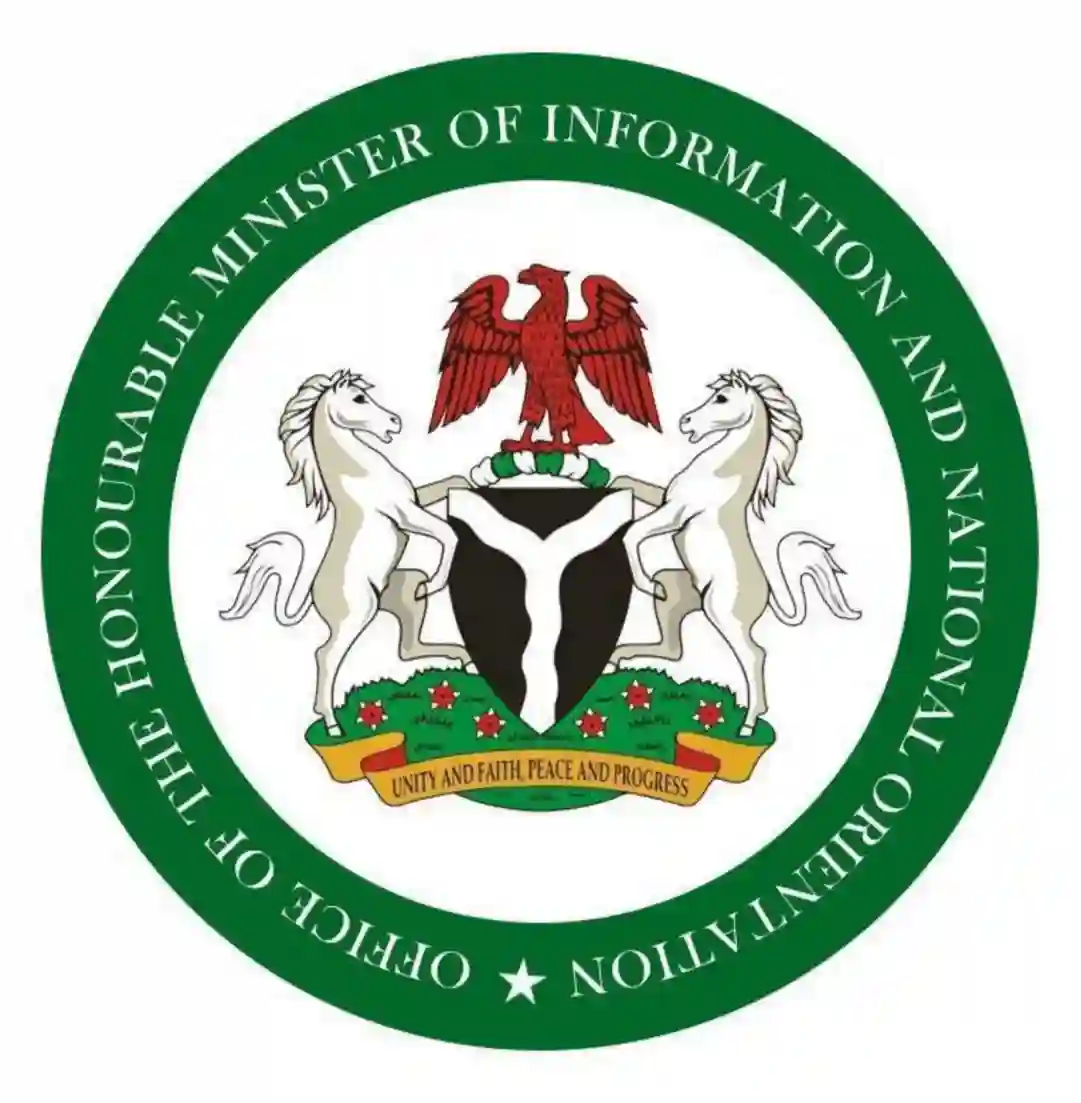August 14, 2025 – The Honourable Minister of Information and National Orientation, Mohammed Idris fnipr, has reaffirmed the Federal Government’s commitment to strengthening communication between the government and citizens while ensuring inclusive national development.
Speaking during the #HMINOTour Town Hall Meeting held on Thursday, August 14, 2025, at the Government House, Enugu State, Idris said the engagement was part of the Federal Ministry of Information and National Orientation’s efforts, in collaboration with the National Communication Team, to directly connect with Nigerians on President Bola Ahmed Tinubu’s Renewed Hope Agenda.
“I am delighted to be in Enugu, the historic heart of the South-East, for this important town hall meeting. I thank His Excellency, Governor Peter Mbah, and his cabinet for their warm hospitality,” he said.
According to the Minister, the goal is to bridge the communication gap between government and citizens, block the spread of misinformation, and strengthen participatory democracy through open dialogue.
He outlined the eight pillars of the Renewed Hope Agenda, which include economic reform, national security, agricultural development to achieve food security, unlocking energy and natural resources for sustainable development, improving infrastructure and transportation, focusing on education, health, and social investment, accelerating diversification through industrialization, digitization, creative arts, manufacturing and innovation, and improving governance for effective service delivery.
Idris explained that from the outset, President Tinubu took bold steps such as removing fuel subsidy to end decades of cronyism and unifying exchange rates for transparency.
While acknowledging that these reforms brought initial hardship, he said targeted interventions like wage awards, higher minimum wage, cash transfers, food security programmes, and cheaper Compressed Natural Gas for transport are already cushioning the impact.
“More funds are now available to states and LGs for infrastructure and human capital development,” Idris noted, highlighting that in the South-East, these funds are delivering tangible results through projects inspected earlier in Enugu State.
He commended Governor Peter Mbah for promoting harmony between state and federal governments, adding that “the Eastern Railway Corridor from Port Harcourt through Aba and Enugu to Maiduguri is a presidential priority, with $3bn recently sought for modernization.”
The Minister revealed that over 1,000 primary healthcare centres have been rehabilitated nationwide, including in the South-East, and that a world-class oncology and cancer centre was recently commissioned in Enugu.
In a move to ensure equity, he said President Tinubu had established new development commissions for all previously uncovered zones. “His inclusive governance style is evident in balanced appointments and equitable distribution of benefits,” Idris added.
On security, he said the administration has invested in modern equipment, more personnel, and better intelligence gathering, which have weakened criminal networks.
The Minister also highlighted unprecedented opportunities for the youth, stating that there are now more young people in the Federal Executive Council and agency leadership than ever before. Through the Nigeria Education Loan Fund, about 450,000 students have accessed loans, while nearly 90,000 Nigerians have benefited from the Consumer Credit Scheme.
Recognizing the South-East’s industrial capacity, Idris announced that the federal government has created three key business funds worth ₦200bn: the Presidential Conditional Grant Scheme, the FGN MSME Intervention Fund, and the FGN Manufacturing Sector Fund. He urged entrepreneurs to take advantage of these funds and support the “Nigeria First” policy that promotes patronage of locally made products.
He further noted that Enugu and Imo states are among the 11 states granted regulatory autonomy to oversee their electricity markets, thanks to the Electricity Act signed by President Tinubu at the inception of the administration. “We expect other states of the region to key into this policy as soon as possible,” he said.
According to the Minister, signs of economic stability are becoming evident, with food prices easing, forex markets stabilizing, and global rating agencies expressing optimism about Nigeria’s trajectory toward becoming a $1 trillion economy by 2030.
“While challenges remain, the progress is real,” Idris affirmed, adding that by the end of President Tinubu’s first term, the benefits of these reforms will be clearer. He assured that the federal government remains committed to transparency, accountability, and delivering the dividends of democracy to all Nigerians.
“The South-East is at the heart of this vision, not its periphery. We look forward to a frank and genial engagement with the good citizens of Ebonyi State,” he said.
The event in Enugu formed part of a nationwide town hall series aimed at engaging citizens directly on government policies, projects, and reforms. Idris concluded by expressing gratitude for the warm reception and reaffirmed the government’s dedication to inclusive growth and national unity.
“May God bless Ebonyi State. May God bless the Federal Republic of Nigeria,” he concluded.

